November 11, 2022
Methane: A Dangerous Problem, An Easy Solution
The technology to dramatically reduce harmful methane pollution is available today, and major polluters should be required to use it.
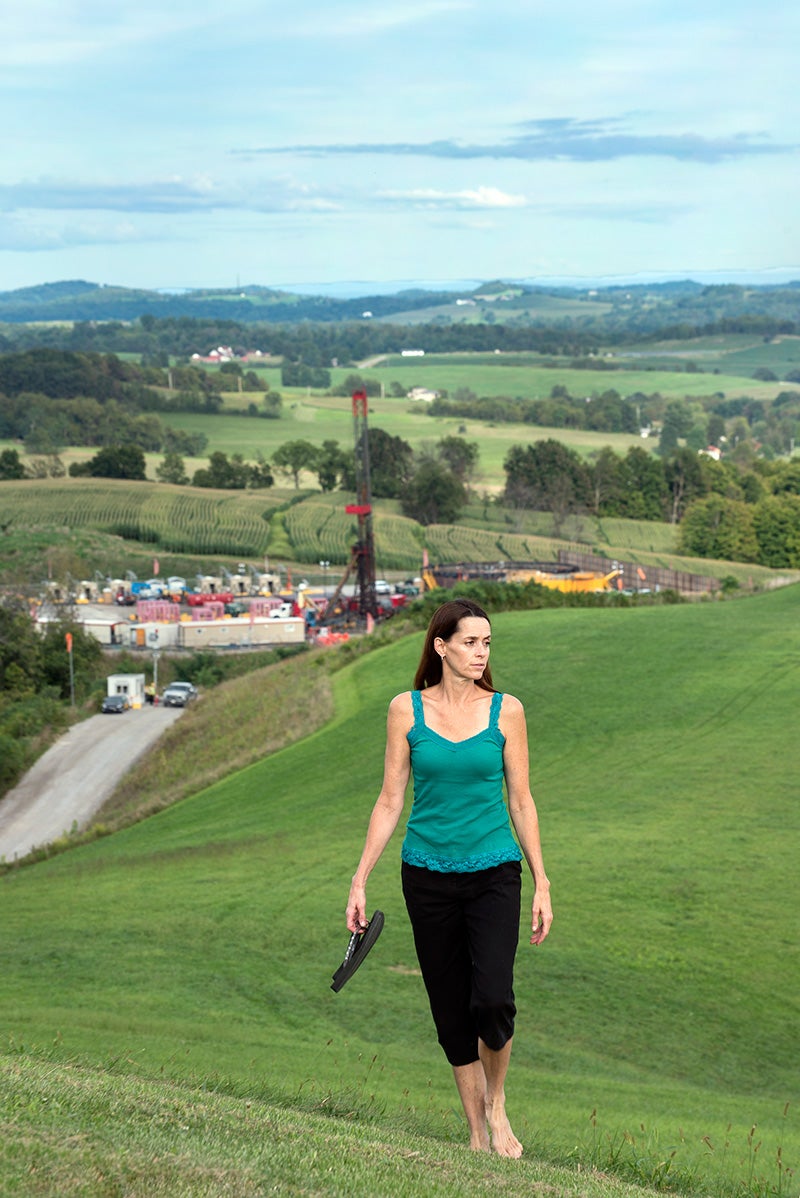
Methane is a potent greenhouse gas, trapping 86 times more heat in the atmosphere than carbon dioxide.
In fact, nearly 20% of the planet’s warming can be attributed to methane.
And, because it’s often paired with other toxic pollutants such as benzene, formaldehyde, and ethylbenzene, the release of methane into the air can cause debilitating health problems for the millions of people who live near oil and gas operations.
Each year, fossil fuel companies leak or deliberately vent 13 million metric tons of methane into the atmosphere during oil and gas operations, which, according to a study published in Science, is 60% more than the Environmental Protection Agency has estimated.
Oil, gas, and coal production are the largest industrial sources of methane emissions.
An easy solution to the methane problem.
After years of legal advocacy by Earthjustice, the EPA announced in December 2023 a finalized rule to significantly cut methane pollution from the oil and gas industry.
Reducing this pollution is essential to combat the climate crisis and protect public health in communities most impacted by oil and gas facilities. As the rule is implemented, Earthjustice will continue to partner with communities on the frontlines of methane pollution and advocate for the strongest possible safeguards in their fight for the very air they breathe.
Our bodies should not be the dumping ground for dirty industries.
The technology to dramatically reduce harmful methane pollution is available today, and major polluters should be required to use it.
Earthjustice has worked for decades to clean up the oil and gas industry and hold it accountable to the highest standards.
Bob Arrington
Colorado
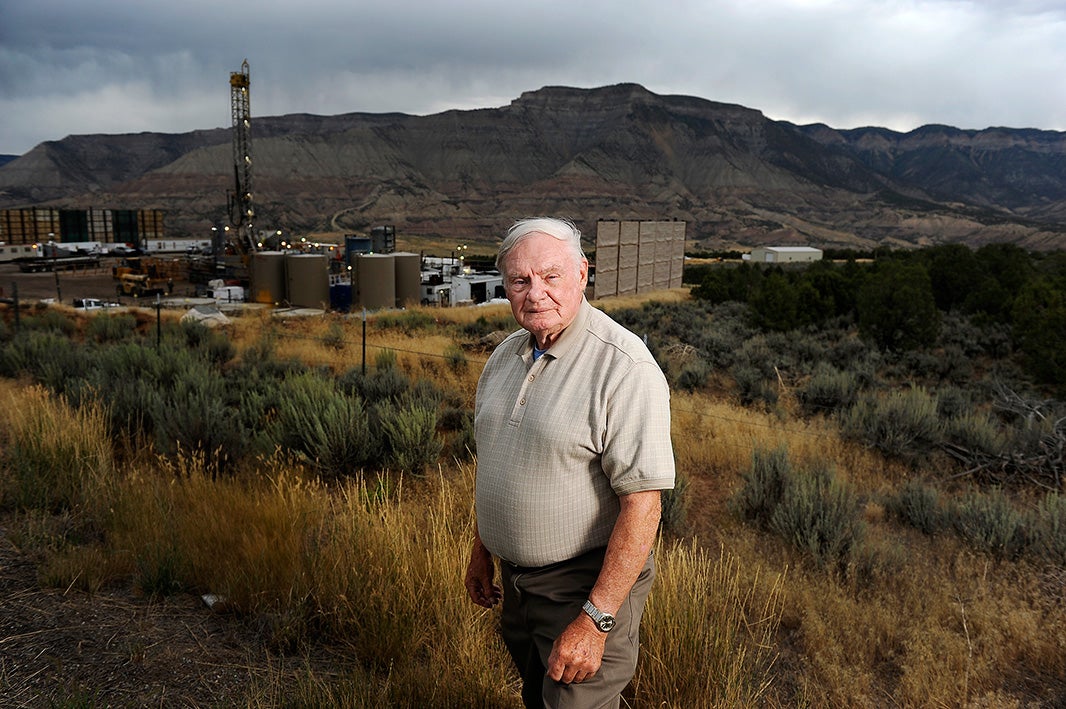
Bob Arrington is a native born Coloradoan and, although retired, keeps his professional engineer status active. There was a time, he remembers, when the oil and gas industry coexisted more peacefully with Coloradoans.
But in the fracking rush, “things became a development frenzy.”
One of Arrington’s first jobs out of the University of Colorado was designing air pollution control equipment for industrial, chemical and power plants.
Now living in Battlement Mesa, he’s putting his years of expertise to use — working to protect himself and his community from methane and other air pollution from nearby oil and gas operations.
“We are surrounded in all directions by Bureau of Land Management land and the oil and gas activities on those lands have direct consequences on our air quality,” said Arrington.
“They’re saying they can’t, but it absolutely can be done better and with cost recoveries.”
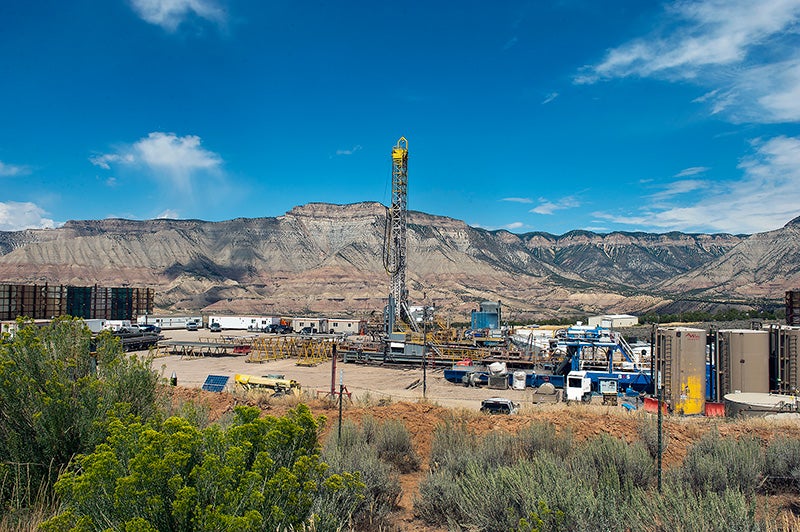
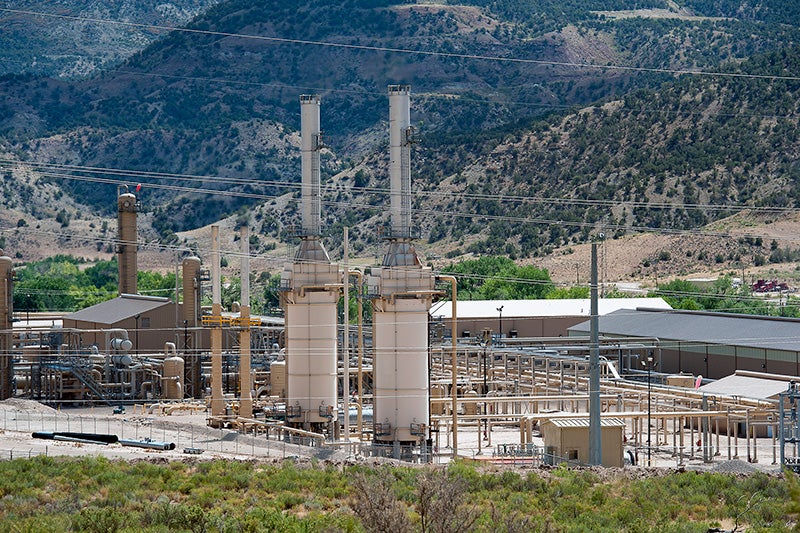
Terri Schumacher
Ohio
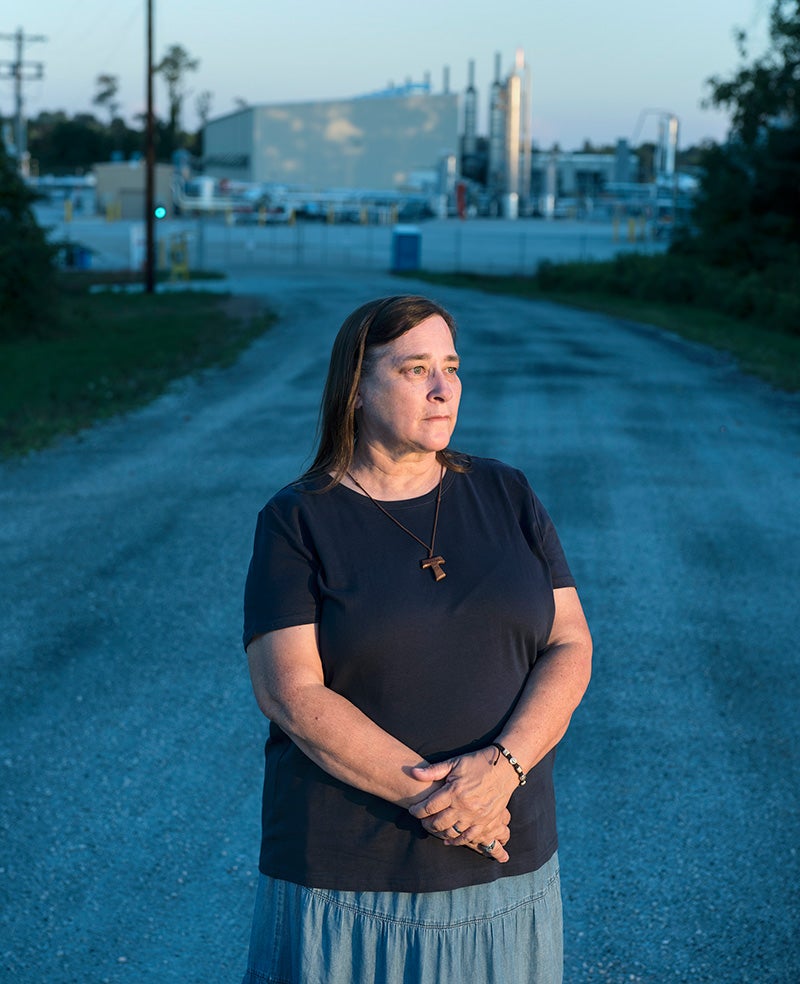
Two of the most important things to Barnesville, Ohio, resident Terri Schumacher are her faith and her grandchildren, including her two-year-old granddaughter who lives with her. But keeping up with her granddaughter has gotten more difficult in recent years. She uses an inhaler and has had increased difficulty breathing ever since the oil and gas industry began operating nearby, prompting her to participate in a Yale University study monitoring her indoor and outdoor air quality.
“I was sitting outside on my front porch the other night with my daughter,” she said last summer. “It was so bad, I couldn’t get a breath.”
Schumacher doesn’t reject the oil and gas industry. But she does think they need to be better neighbors: “You can’t turn your head when somebody else is being hurt by decisions that you make. You are accountable for that. I firmly believe that. Maybe not in this life — but one day we have to answer. All we are asking for is oversight, for protection against the hazards and the problems. We will support the industry. Just please make it safe.”
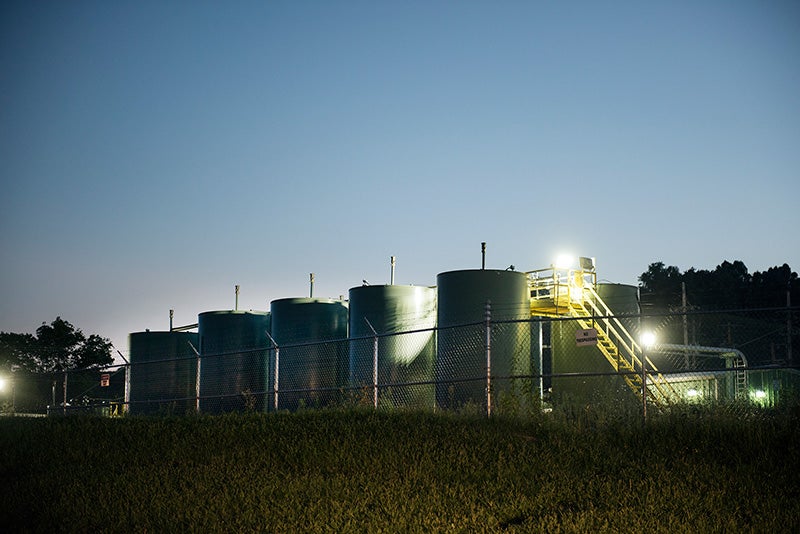
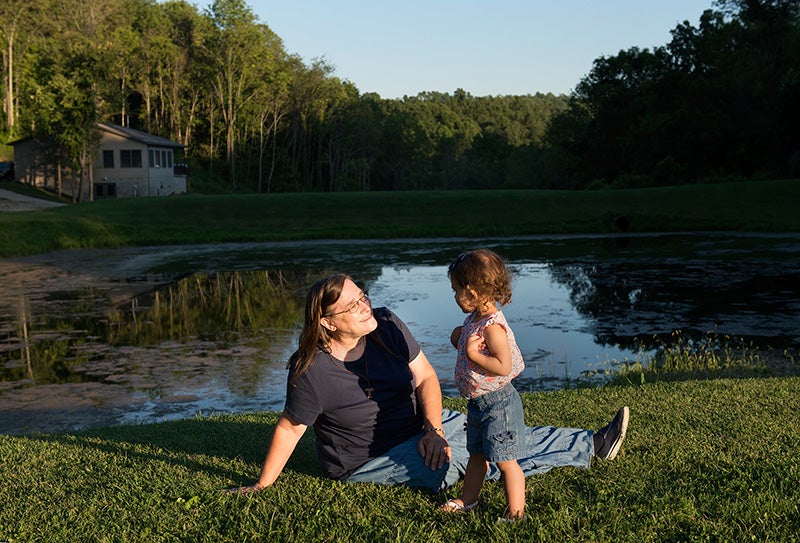
Lois Bower-Bjornson
Pennsylvania
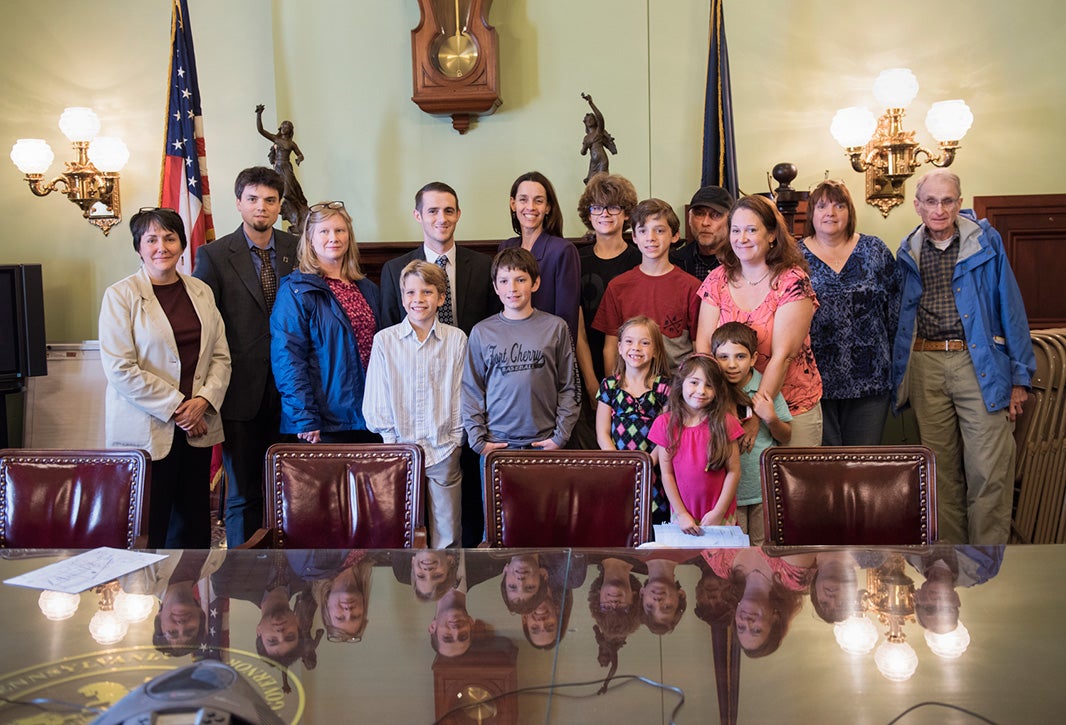
Lois Bower-Bjornson is the mother of three boys and one girl and lives in Scenery Hill, Pennsylvania, about 40 minutes south of Pittsburgh. Lois owns two small businesses and lives in the Marcellus shale field where natural gas development is rampant.
Bower-Bjornson’s home is surrounded by 30 well pads, three compressor stations, and multiple pipelines.
She has been working to protect her children from air pollution from gas development for the past four years. Lois has provided testimony at U.S. Environmental Protection Agency hearings and traveled to Washington, D.C., to meet with elected officials, and to Harrisburg to meet with Governor Wolf’s staff.
“Everyone is entitled to their own opinion, but not to their own facts,” Bower-Bjornson told reporters during a trip to Washington, D.C. “We may not always get the results that we want, however we will be heard and not ignored any longer.”
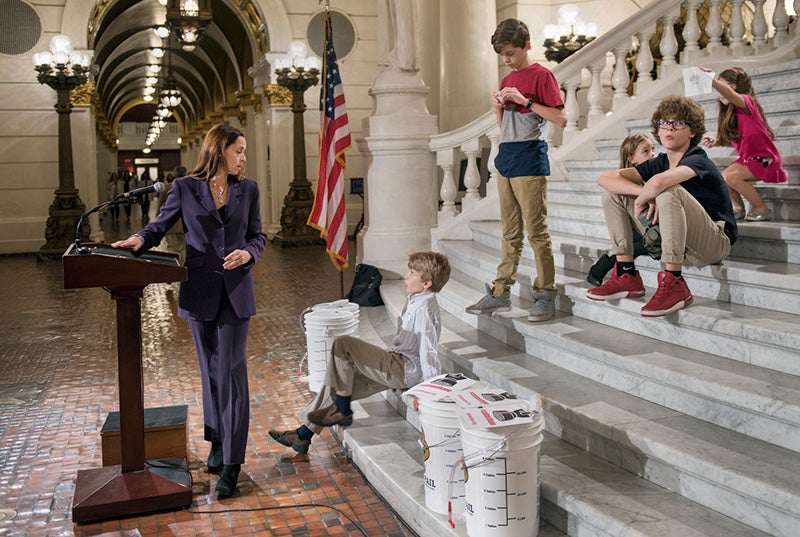
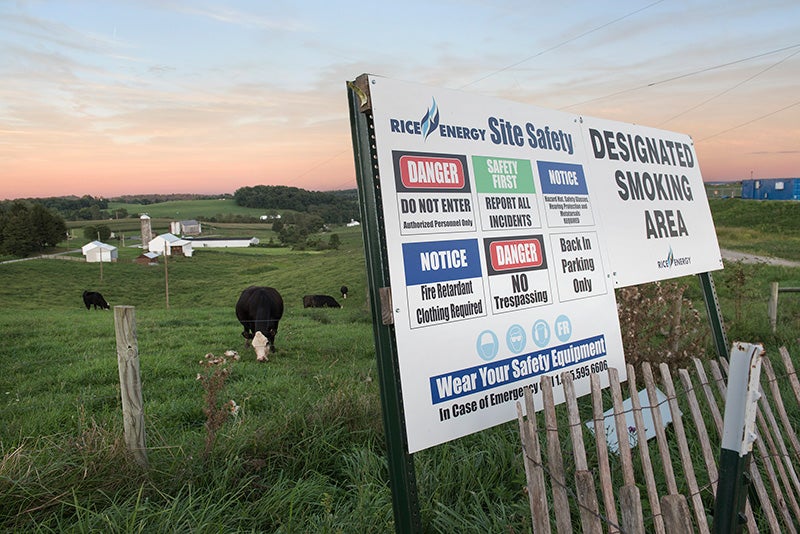
Daniel Tso
New Mexico
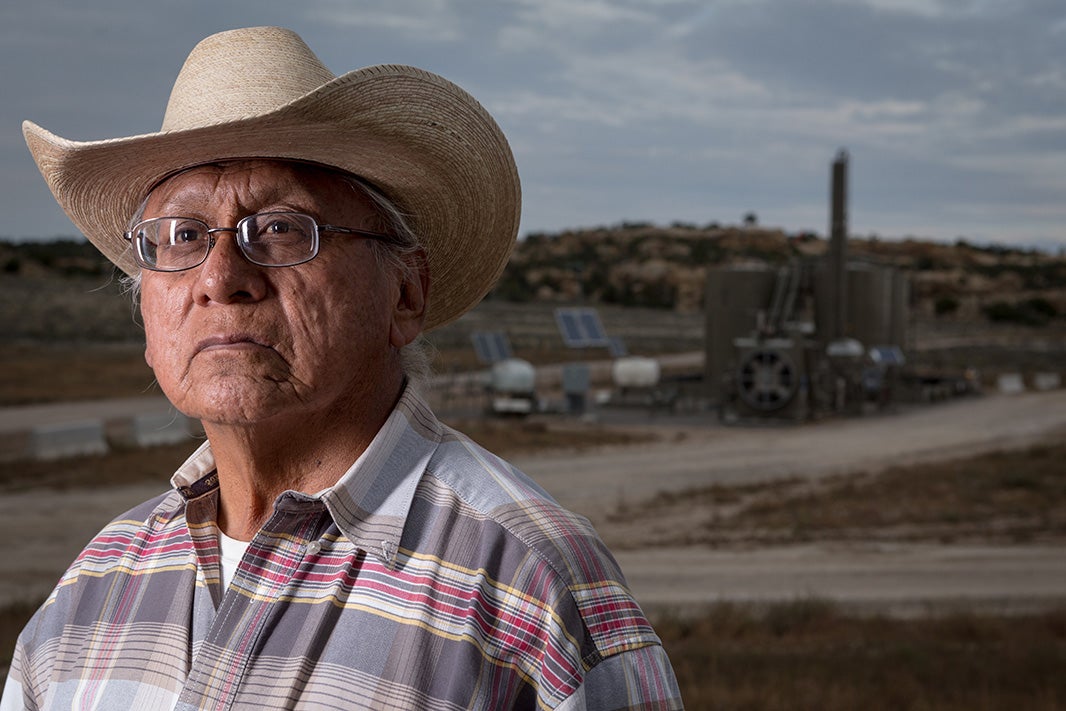
Navajo Community leader Daniel Tso has watched as oil and gas operations have encroached more and more on his community’s tribal lands.
He has seen the flames at drilling sites as methane is burned off in wasteful flares, smelled the chemical odors filling the air, felt the residue of grease and smoke from the flares on his skin.
And he is standing up to protect his community by supporting protections like a rule the Bureau of Land Management has adopted to reduce air pollution from oil and gas operations on federal and tribal lands.
“We are seeing more of our older folks having to carry around an oxygen tank,” Tso says. “The leases have been signed, the approval has been given, but the one thing — how do we mitigate the adverse impacts, the health and safety of the people?”
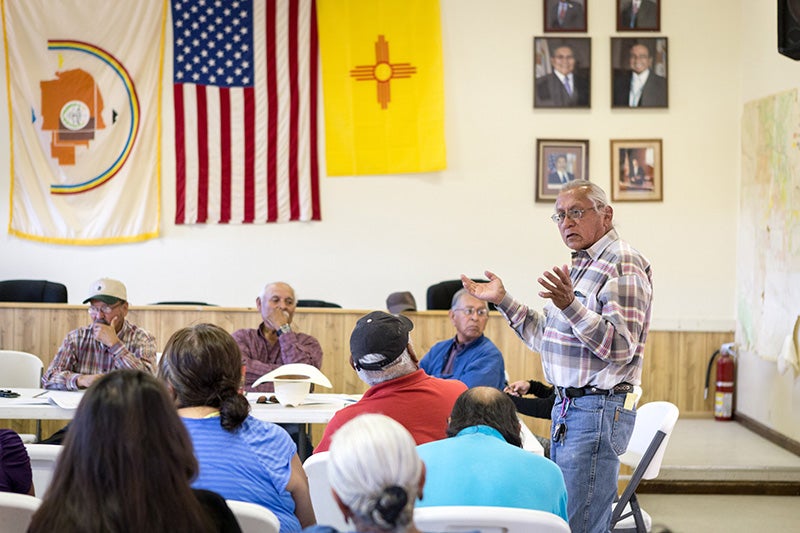
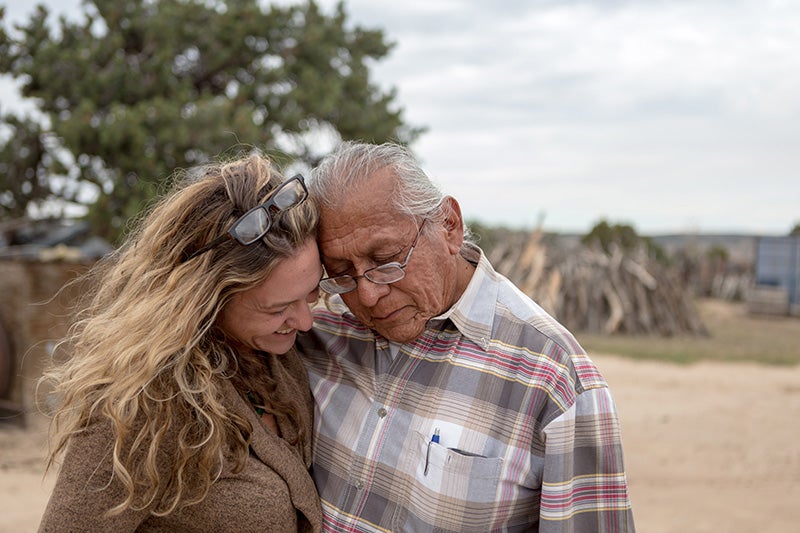
Kristi Mogen
Wyoming
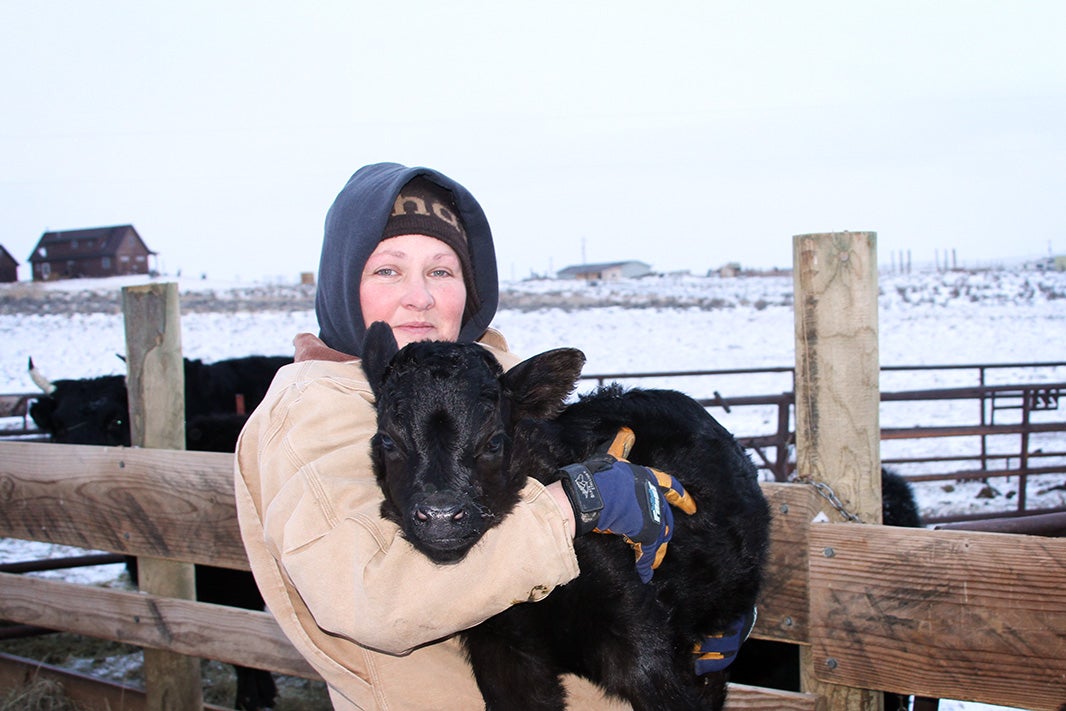
The mother of two daughters, one with epilepsy and a second on the autism spectrum, Kristi Mogen works hard to minimize her family’s exposure to chemicals.
She grew up on a farm in South Dakota and now lives in Douglas, Wyoming, where her family’s grass-fed cattle herd and organic garden supply the family with plenty of fresh, healthy food, free of dangerous chemicals that could worsen her daughters’ conditions.
But on April 24, 2012, a nearby well that Chesapeake was drilling suffered a blowout, sending a plume of vaporized “drilling mud” chemicals into the air.
The family evacuated, covering themselves in protective clothing, hats, gloves, sunglasses and bandanas before driving away with the windows closed. Kristi’s years of hard work to protect her daughters from chemical exposure was undone in an instant.
That afternoon, the family began getting nosebleeds. Mogen’s younger daughter suffered 29 straight days of nosebleeds, sometimes several times a day. Her husband’s blood tests revealed that he no longer had detectable levels of testosterone. Since the blowout, Chesapeake has continued to vent and flare pollution into the air.
Despite a community uproar, state regulators with the Wyoming Oil and Gas Conservation Commission have fined Chesapeake a mere $1,000.
Prior to her experience with Chesapeake and the WOGCC, Mogen thought that regulation of the industry should be left to the states. She doesn’t believe that anymore. That is why she took her story to lawmakers and policymakers in Washington, D.C.
“We need some federal regulations, regulations with teeth,” Mogen says. What spurs her to fight? “It’s my farm girl grit, I guess. This is our way of life and they really messed it up. And I’m a mom. I take care of my family. That’s my job.”
Established in 1989, Earthjustice's Policy & Legislation team works with champions in Congress to craft legislation that supports and extends our legal gains.